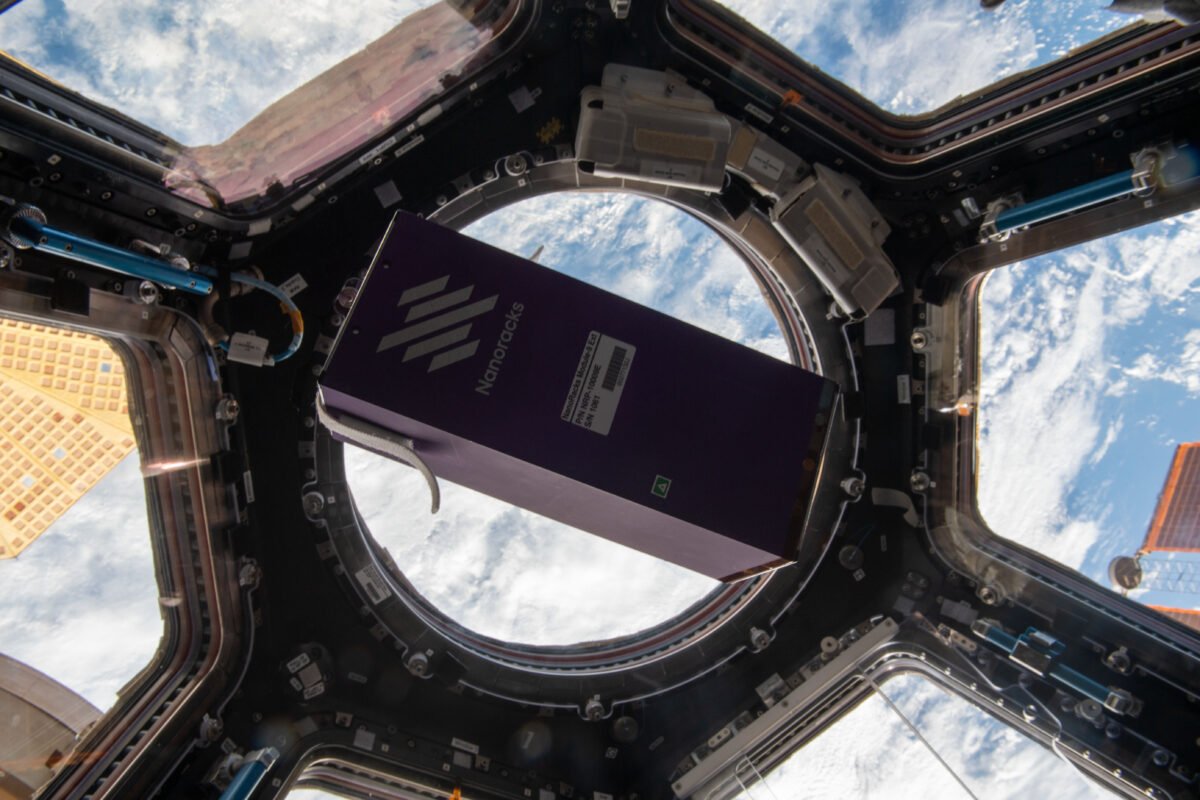Umed organises buyer seller meet for rural women’s agricultural products in Navi Mumbai
Representatives of women working under Umed from 34 districts across the state attended the event with samples of their produce or farm produce
A state-level ‘Buyer Seller Meet’ was organised at the CIDCO Exhibition Centre in Navi Mumbai by Umed – Maharashtra State Rural Livelihood Mission. The innovative program ‘Buyer Seller Meet’ implemented by Maharashtra State Rural Livelihood Mission to reach out to big companies and buyers will be a milestone. The meet will provide a sustainable market for women’s agricultural and non-agricultural products of Umed Self Help Group. This innovative initiative has received a great response expressed Eknath Dawle, Principal Secretary of the Rural Development Department.
28 agreements were concluded in the presence of representatives of 41 leading chain business companies across the country and representatives of self-help groups and farmers’ women producers’ companies from across the state.
Dawle said, “The Rural Development Department is helping rural women in many ways to become financially independent to make them self-reliant through Umed Abhiyaan. Our women’s products are classy and the best in quality. Now they need to get a permanent market.”
The Principal Secretary appealed to professionals and big companies to come forward and contribute to empowering these women.
Since agriculture is the main occupation of Umed women in rural areas, the main objective of the program was to purchase the agro-based products produced by them in wholesale quantities by different companies or chain traders to get good returns to the farmers. Representatives of women working under Umed from 34 districts across the state attended the event with samples of their produce or farm produce.
In this meet, quality grains and pulses like soybean, chilli, turmeric, tur, gram, maize, millet, ragi, sorghum, spices, jaggery, honey, fruits, herbs, oilseeds etc. products were made available in sample form. Representatives of more than 30 organisations and companies were present as buyers. Buyers’ organisations and representatives of companies showed enthusiasm to sign contracts because of the availability of organic and pure products by women. The interest shown by the buyers in this program will help the women to have a sustainable market in the future.
Representatives of women working under Umed from




